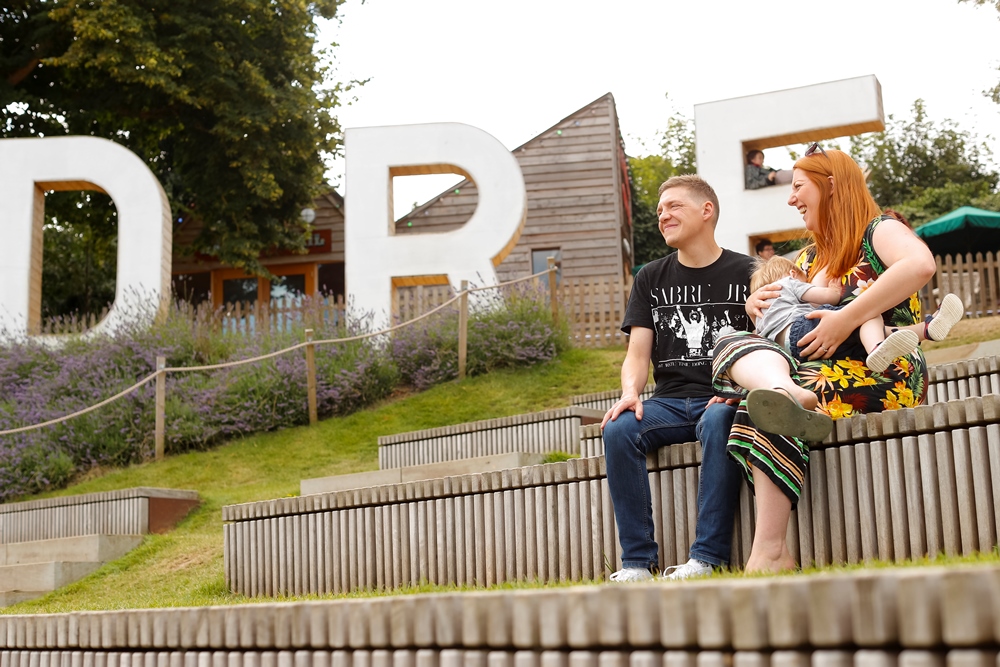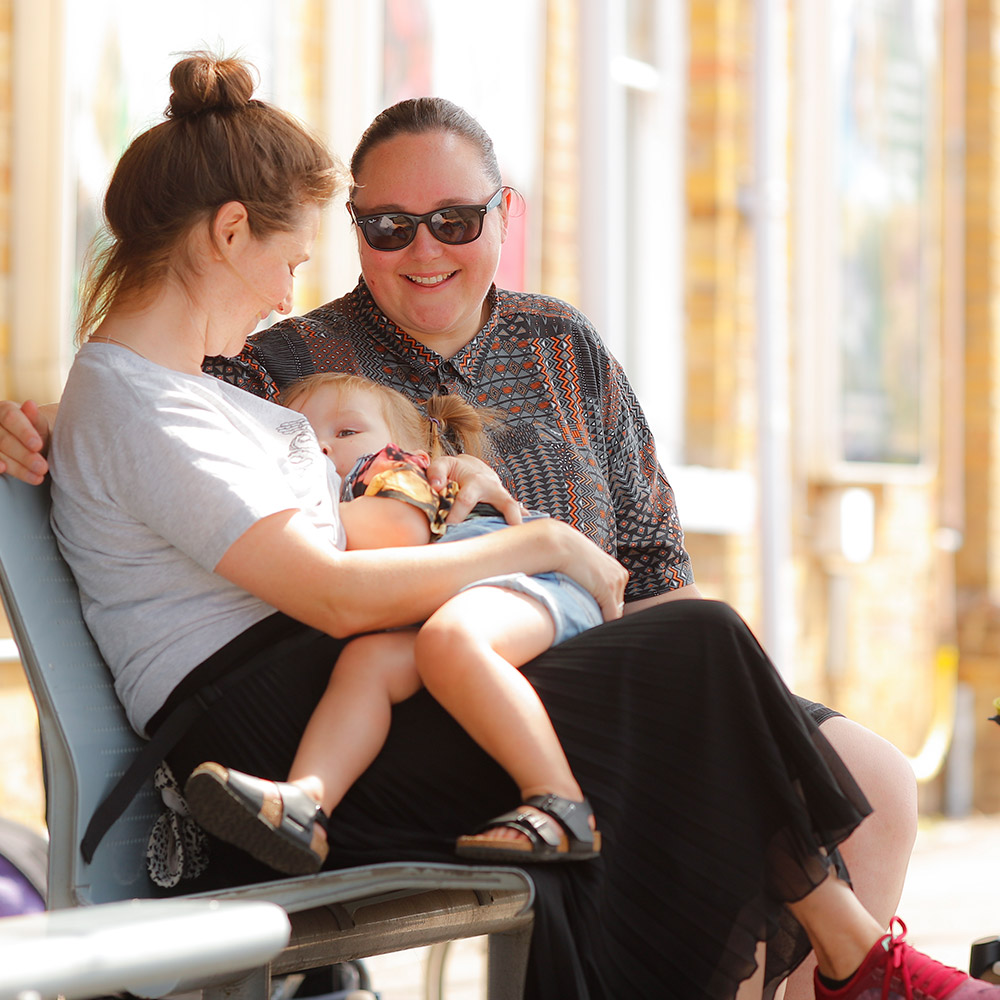If you're enjoying breastfeeding, you can continue for as long as you and your baby want to. That could mean until your baby is two years old or beyond. There's no need to stop before you're both ready. Breastfeeding still has lots of benefits for you and your baby after six months. It also continues to provide the balance of nutrients your baby needs. The World Health Organization recommends that all babies are breastfed for up to two years or longer.
Milk is still the main food source between six months and a year while introducing solids. By continuing to breastfeed you won’t need to introduce formula or bottles.
Breastfeeding beyond the first year of a child’s life can is sometimes called ‘extended nursing’. Lots of women continue to feed their baby beyond a year. Some people find this unusual but it’s normal for many families and you should be supported to continue for as long as you want.
Breastfeeding is one of the most natural things a mother can do but lots of women feel pressure to stop before they might have wanted to. Women can experience disapproval or misunderstanding from friends, family and even strangers. If you’re feeling pressured to stop breastfeeding but would like to continue, reach out for support.
Does breast milk have any nutritional value after six months?
Breastmilk is milk. Even after six months, breastmilk contains protein, fats, and other nutritionally important and appropriate elements that your baby needs.
Breastmilk also contains special growth factors that help your baby’s immune system to mature. These growth factors will also help your baby’s brain, gut and other organs to develop.
Children get viruses and colds regularly. Breastfeeding continues to offer some protection for illnesses and can reduce the severity of some illnesses. At times breastmilk is the only thing a baby will be able to keep down. Being able to nurse can provide a huge amount of comfort to you and your baby.
Allowing your child to ‘self-wean’ can help ease toddler tantrums, so you can continue breastfeeding to support and soothe as your toddler goes through some big changes. Lots of toddlers gently wean and may only breastfeed in the morning or at night.
You can introduce nursing manners as your toddler gets older. That way breastfeeding can shift from something you do on demand to something that works for both of you. At a time when your toddler is learning to become independent in so many different ways, evidence shows that continuing breastfeeding can help to boost their confidence and provide a form of continual reassurance and support.
Emma, a Breastfeeding Volunteer from Gravesend, has shared a video about the experience of feeding as your baby gets older.
Early days
Breastfeeding concerns
Breastfeeding help
- Why is my baby feeding all the time?
- Will I ever sleep again?!
- Returning to work
- Emotions and breastfeeding
- Twins and multiples
- Dealing with leaks
- Breastfeeding beyond six months
- Introducing solid foods
- When you’re ready to stop





